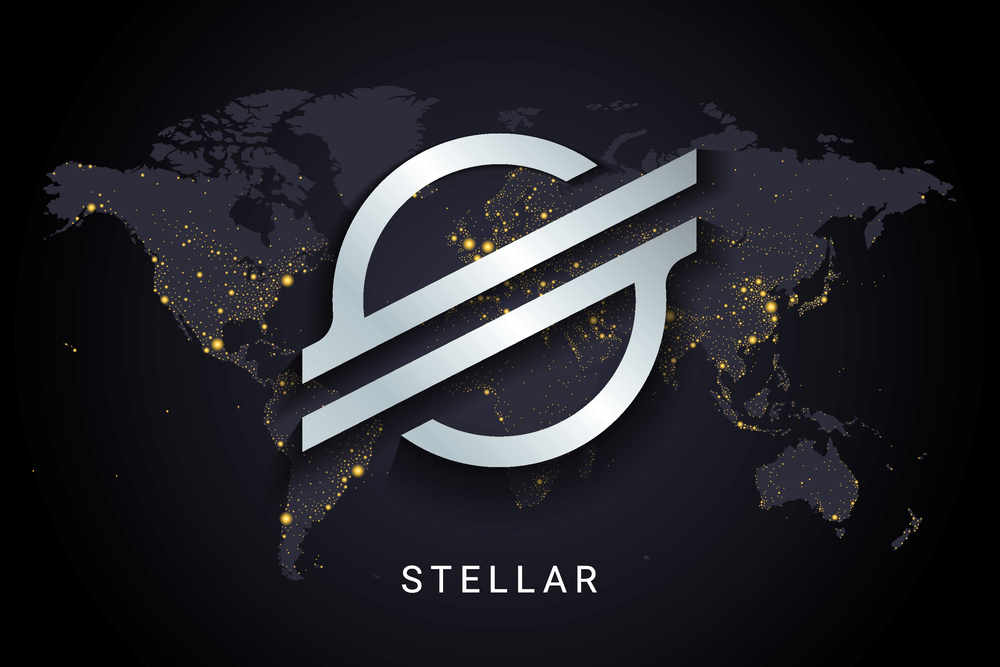ARTICLE AD BOX
Denmark’s Financial Supervisory Authority (DFSA) has proposed a regulatory measure that could ban self-custody Bitcoin wallets and other decentralized finance (DeFi) interfaces in the country.
The DFSA’s announcement aims to ensure that all crypto transactions are conducted within a regulated framework, following concerns about activities on unregulated cryptocurrency platforms. Despite facing criticism, the DFSA asserts that this measure addresses a significant coverage gap in the regulation of DeFi.
DFSA’s proposal and its implications
If implemented, the DFSA’s proposal would require all developers of interfaces, mobile apps, and service providers in the crypto sector to obtain regulatory approval to operate in Denmark. This includes platforms offering Bitcoin wallets, DeFi interfaces, and other crypto-related products.
The DFSA argues that this regulation is necessary to maintain a controlled and secure environment for crypto transactions. The proposed measure contrasts with the Markets in Crypto Assets (MiCA) guidelines, which come into effect on December 30, 2024, and do not apply to DeFi. The MiCA regulations have also faced criticism for potentially stifling innovation within the crypto sector.
Reactions and criticisms
The proposed regulation has sparked debate within the crypto community. Mikko Ohtamaa, a notable crypto enthusiast, has voiced concerns that such stringent measures might hinder innovation in the sector. Ohtamaa described the DFSA’s move as overregulation, suggesting it could effectively ban cryptocurrencies by imposing excessive restrictions. He emphasized that this approach might not be conducive to the growth of the crypto industry in Denmark.
In comparison, the US crypto infrastructure bill FIT21 Act has opted to study DeFi rather than impose immediate regulations, aligning more closely with the MiCA guidelines. This contrast highlights different regulatory approaches towards the rapidly evolving DeFi landscape.
Broader context and future considerations
Earlier this month, the European Banking Authority (EBA) released a draft of technical standards under MiCA regulation, focusing on stablecoins pegged to the US dollar. The draft includes revised own funds requirements and detailed recovery plans for issuers of crypto assets. These amendments aim to provide a more robust regulatory framework for the crypto industry within the European Union.
Estonia has reportedly implemented similar rules on self-custodial wallets, which some believe could negatively impact the sector in Denmark. Critics argue that requiring all participants in the crypto space to be regulated intermediaries might stifle innovation and limit the availability of services such as Bitcoin wallets and DEX interfaces to Danish users.
The DFSA is currently seeking feedback from stakeholders on the proposed regulations. This consultation process will likely shape the final rules and determine their impact on the crypto industry in Denmark.
As the debate continues, it remains to be seen how the DFSA will balance the need for regulation with the desire to foster innovation within the crypto sector. The outcome of this regulatory proposal could set a precedent for other countries grappling with the challenges of integrating DeFi and self-custody solutions into their financial systems.
The post Denmark Considers Ban on Unregulated Bitcoin Wallets first appeared on Coinfea.
.png)
 4 months ago
3
4 months ago
3








 English (US)
English (US)